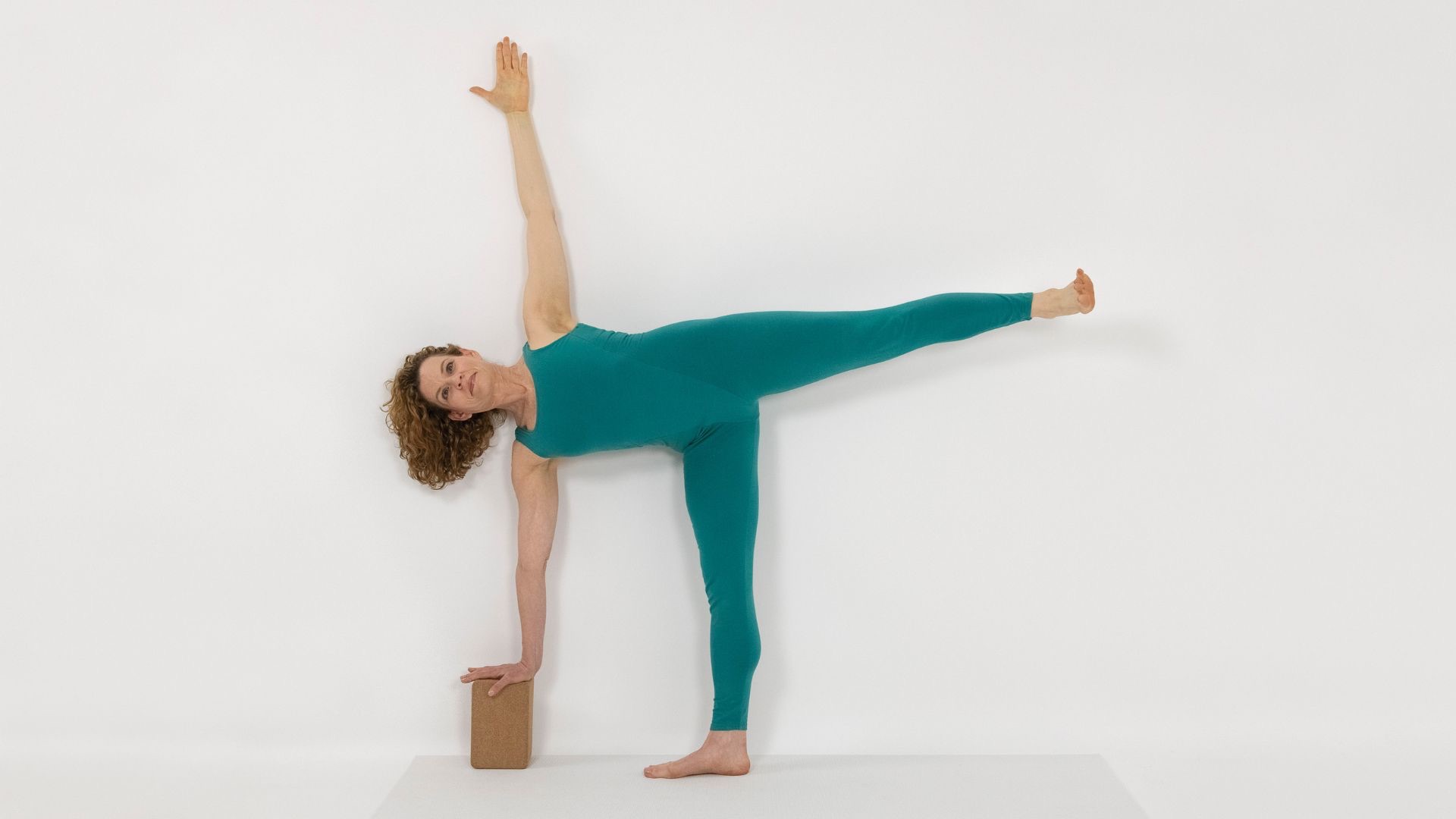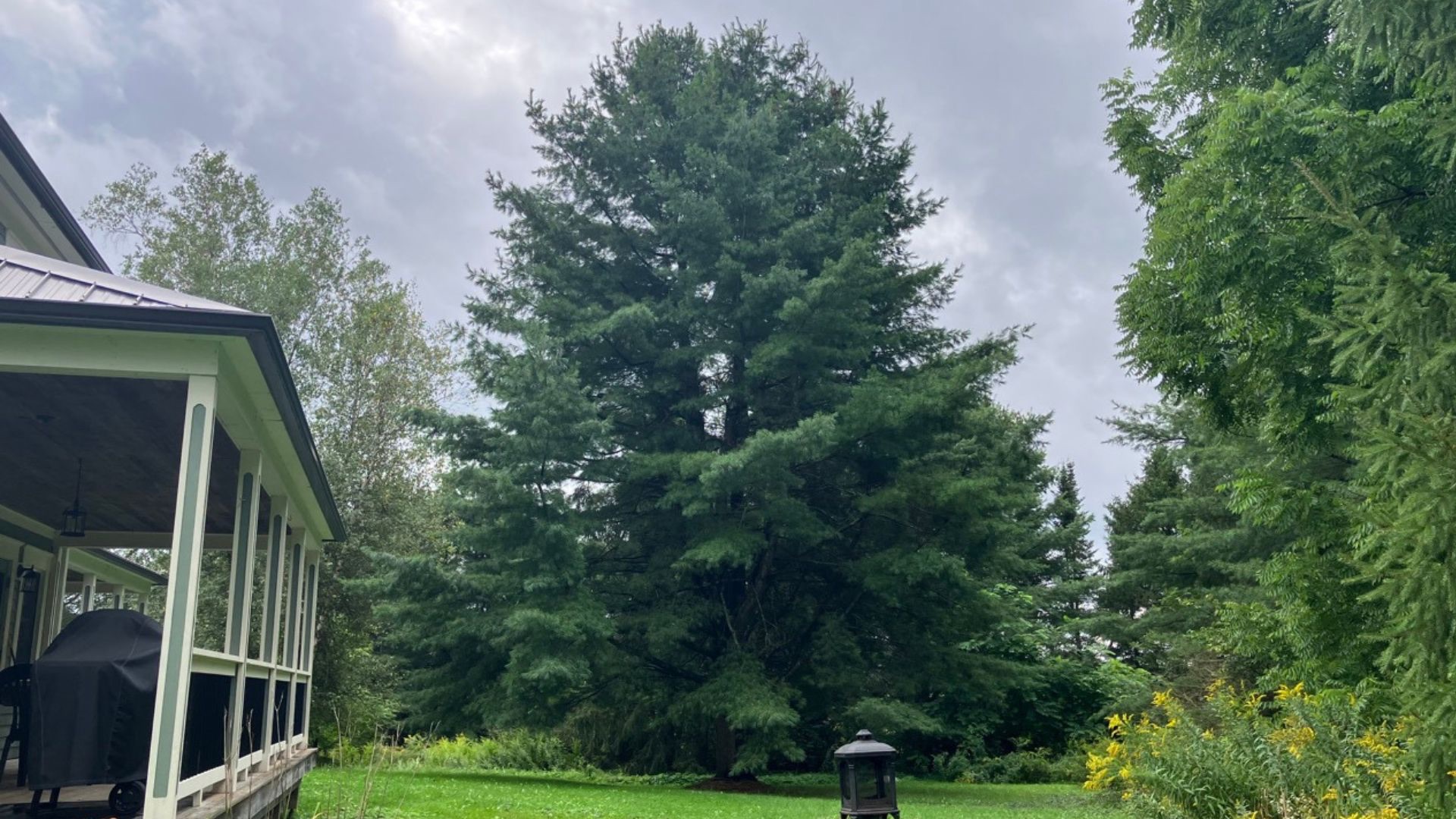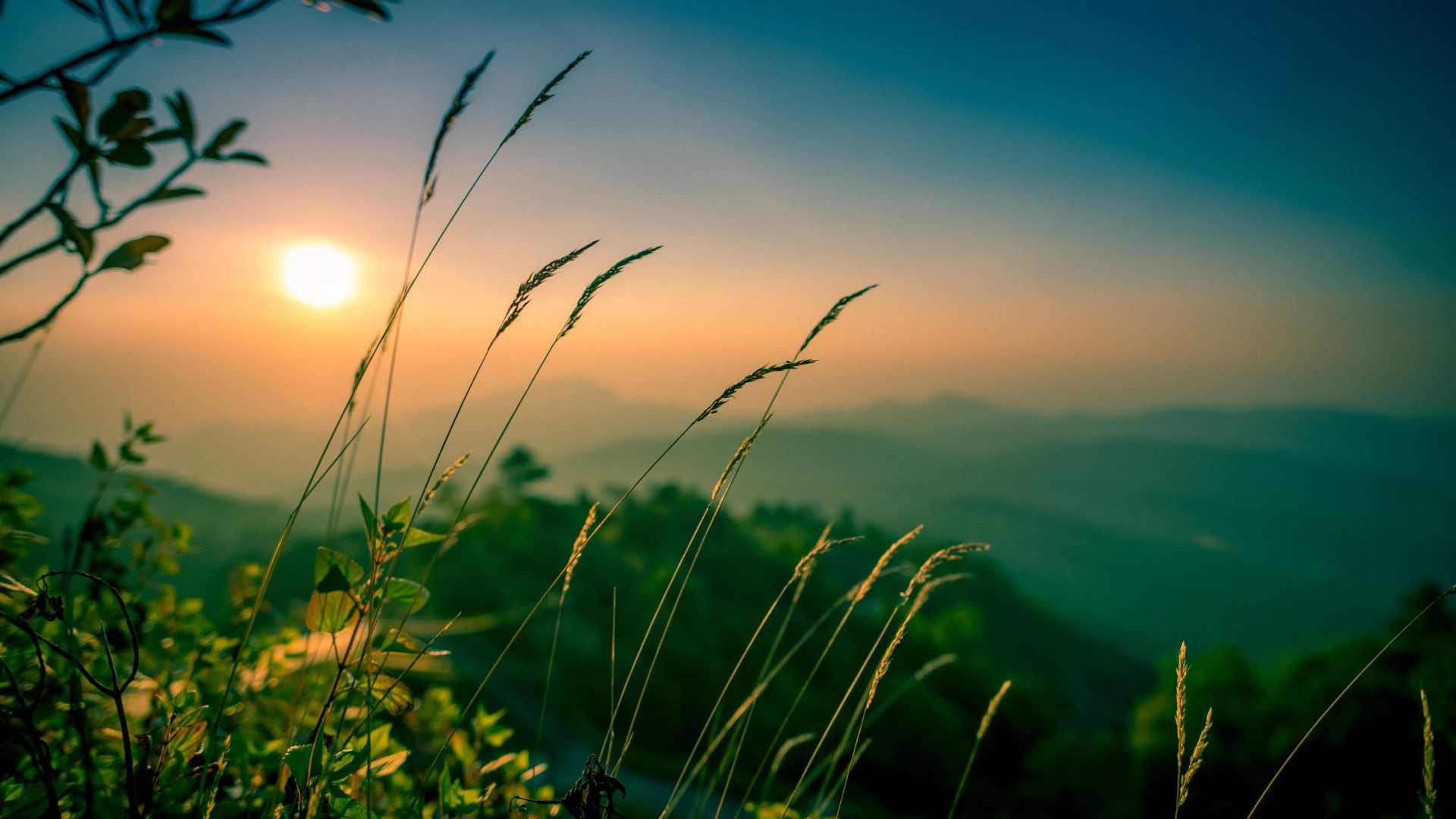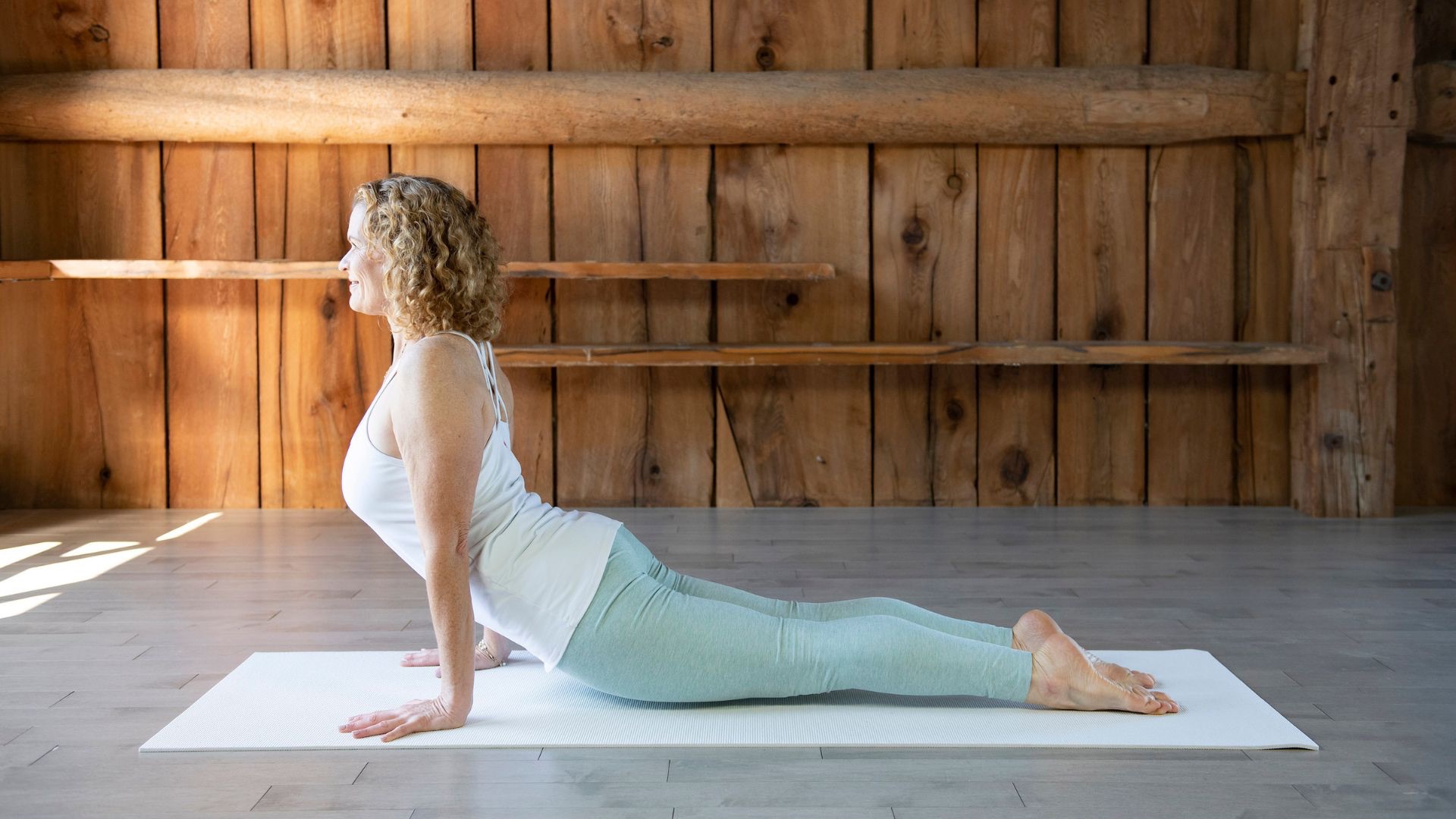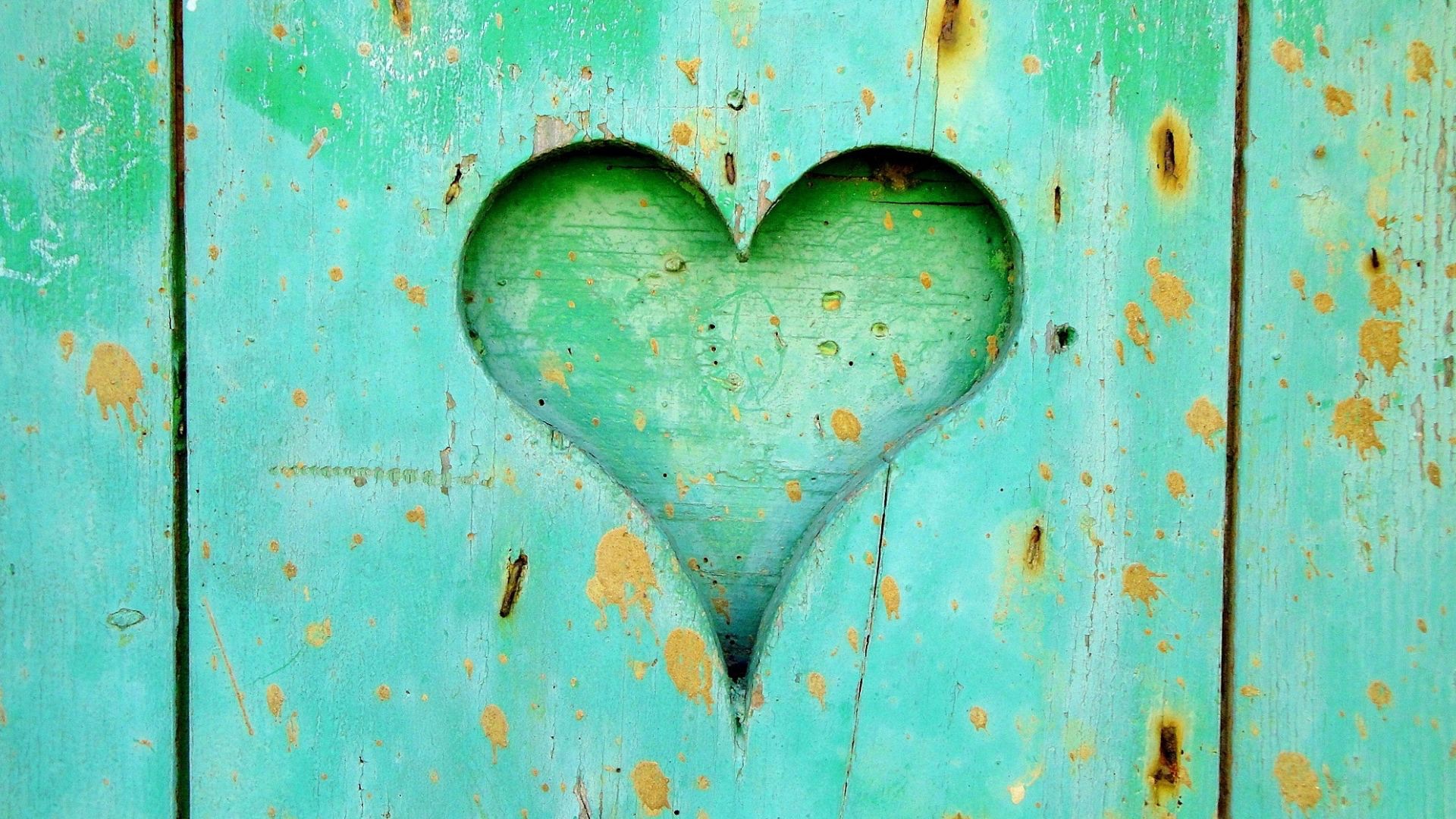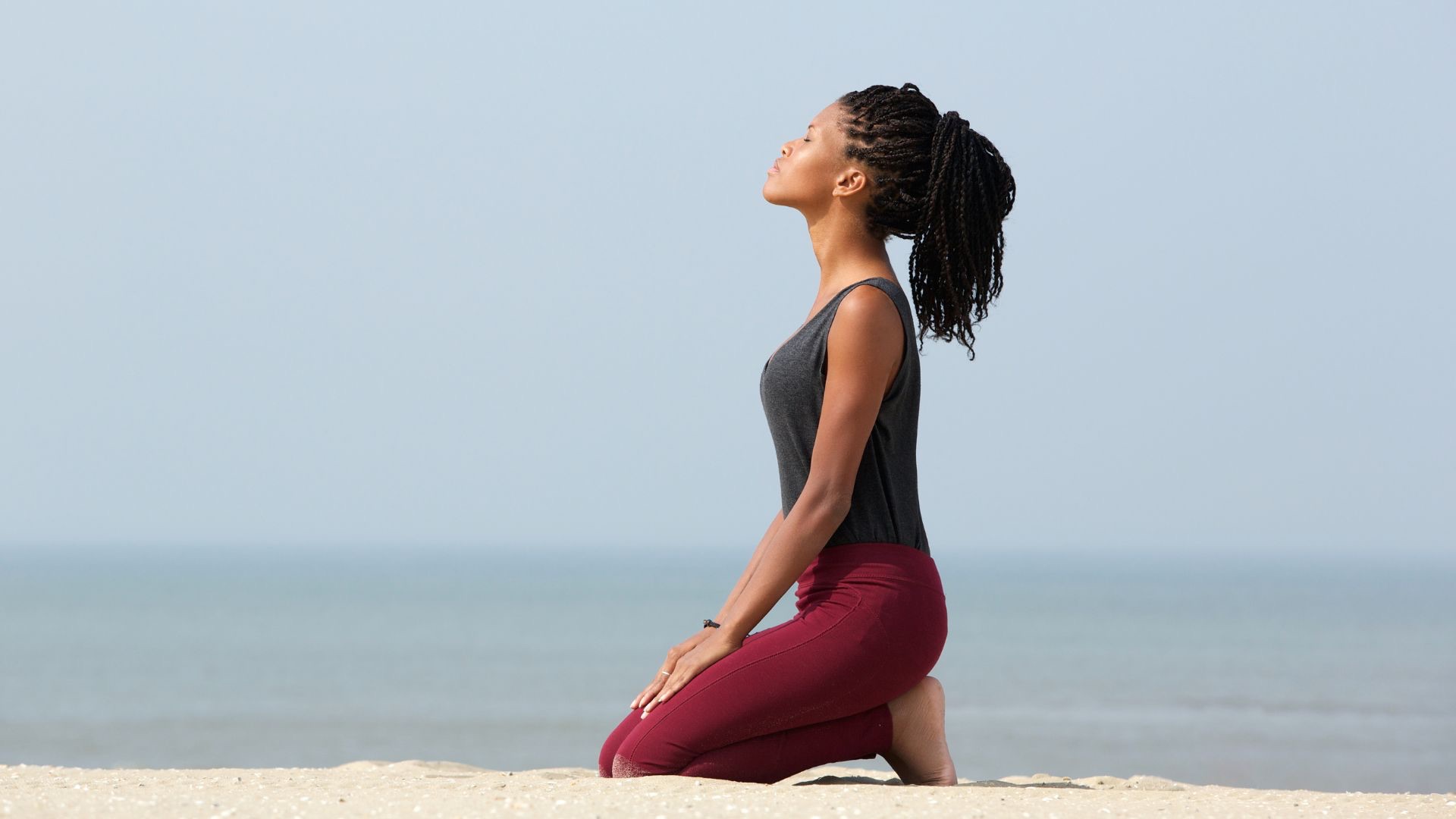Beyond Asana Blog
My weekly blog is a forum for contemplative inquiry into the intersection of yoga practice, traditional teachings, and real life.
One of the profound themes that emerged from my recent women’s retreat was just how subversive it can be to prioritize balance in one’s life.
Try as we might, many of our learning institutions and work cultures just aren’t set up to support a life that reflects the yogic view of harmony and equilibrium.
To champion balance, therefore, can feel like fighting an uphill battle. It requires us to carve out spaces where productivity harmonizes with rest, and where the pursuit of external accomplishments finds balance with the richness of our inner lives.
Perhaps the wisdom of the body can teach us about what it means to create balance in an out of balance world.
Even the sturdiest looking Tree pos...
|
When it’s warm out, I often write sitting on my back deck facing the White Pine tree that towers over our backyard. I’ve learned a lot about strength from contemplating it’s stalwart and stately presence. |
Little did I know, the timing my Evolving Your Yoga book tour was perfect. In the months following the book’s release in 2019, I visited over 20 local yoga communities. My travels concluded in February 2020, just weeks before the pandemic.
I wrote Evolving Your Yoga to help fellow practitioners get more out of their yoga practice. Drawing from insights cultivated over three decades of study and personal practice, I sought to distill those learnings into a guide that would help people expand and integrate the benefits of yoga in their lives.
It’s a different world now.
Fast forward four years, and the landscape of our lives - and the context for our yoga - have changed in ways we couldn’t hav...
In her book Real Self-care, Dr. Pooja Lakshmin - a psychiatrist specializing in women’s health - explores why the typical self-care practices offered to women today aren’t working. She argues that real self-care requires introspection to find clarity about one’s values and what truly adds meaning to one’s life.
For years, I’ve been teaching, talking, and writing about how to make yoga an authentic self-care practice - one that’s a far cry from how it’s often positioned in the mainstream fitness world. In a recent article I read about her book, Lakshmin made a point that makes the difference crystal clear.
She shared one woman’s experience of practicing yoga as an example of what she cal...
We are like migrating birds,
The sadness of our departure
Is mitigated by
The joy of our reunion
- Author Unknown
I remember the first time my yoga practice felt like a homecoming. It was 1995 and I was teaching English at a university in Nanjing, China. Living abroad was an unforgettable experience, and, like any great adventure, it also had its challenges.
It was during one of those tougher times when it first dawned on me that yoga would always be there to welcome me just as I was. I recall one day, when I was feeling especially lonely and frustrated, rolling out my mat felt like preparing to enter a warm and familiar home where I could take refuge and find comfort simply in being with myse...
|
Recently, I was thrilled to read a New York Times article confirming that journaling is “one of the more effective acts of self-care,” explaining that articulating and processing difficult experiences and emotions through writing is healing: |
Does shift only happen at the edges?
Yes, but not always in the way we might think.
Your edges are the frontiers of your practice, the limits where something is about to happen. Joel Kramer coined the term in a 1977 article, saying “The body has edges that mark its limits in stretch, strength, endurance, and balance. ...This edge has a feeling of intensity, and is right before pain, but it is not pain itself.”
The way we approach our edges, therefore, is essential for experiencing shifts in our practice.
I believe that there times when it's appropriate not to work at your edges and that there are other edges that are equally important to consider in your practice.
For many years, I was par...
My experience is that progress in yoga often occurs in seemingly small shifts that actually aren’t so small.
A student once shared with me that she holds the steering wheel of her car differently because of her yoga.
With the awareness and sensitivity afforded by her practice, she no longer grips it tightly like she used to. Instead, she holds it with a loose grip, allowing her shoulders and neck to relax.
This has changed her experience of driving. She’s calmer and less reactive to other drivers. Considering the substantial amount of time she spends commuting to and from work every day, this shift has had a significant impact on her overall experience of life.
Progress in yoga doesn’t always ...
I’m sure I’m not the only parent who experiences June as a nostalgia-inducing month. The end of the school year, the start of summer vacation, as well as milestones like graduations and weddings, can pull me into wistful memories right about now.
So, while I’m immensely grateful that my 16-year-old daughter has a summer filled with all good things, I also find myself experiencing a sense of loss in living these entirely expected and natural transitions. And I know that so many of us are grieving losses right now, both large and small, individual and collective.
Grief - what we experience when what or whom we love dies or disappears - is as natural as eating, sleeping, or walking.
Cultures ...
One of the more intriguing gifts I ever received from a student was a small, bright yellow melon given to me at the end of a one-day retreat. She shared that she chose it because it reminded her of an inner sun. That’s what she was feeling after our day of practices.
I can relate to her experience. Perhaps you can too. Just as sun’s brilliance brings light, energy, illumination, and power to the outer world, postural practice can help us to cultivate and generate those very qualities within ourselves. We may often feel lighter, invigorated, more energized, and refreshed, almost as if we are lit up from inside, because of our practices.
If we look at the historical development of yoga, many ...

